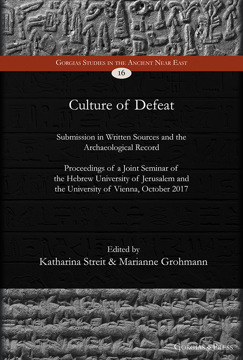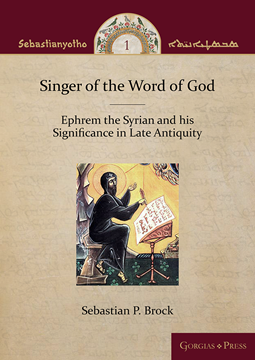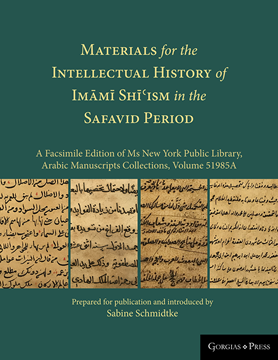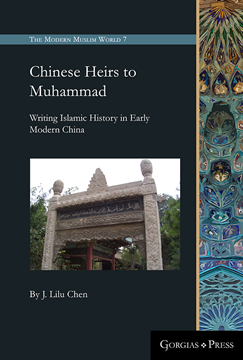Culture of Defeat
Submission in Written Sources and the Archaeological Record. Proceedings of a Joint Seminar of the Hebrew University of Jerusalem and the University of Vienna, October 2017
Edited by Katharina Streit & Marianne Grohmann
Series: Gorgias Studies in the Ancient Near East 16
ISBN: 978-1-4632-3920-6
Culture of Defeat is based on a 2017 conference focusing on the impact on, and responses by, the defeated parties in conflicts in the ancient Near East. Shifting the focus of analysis from the conqueror to the vanquished, the (re-)examination of written sources and the archaeological record sheds new light on the consequences and reactions after often traumatic defeats and allows to gain a more nuanced and complete picture of such events.
$114.95 (USD)
Missionary Life in Persia
Being glimpses at a quarter of a century of labors among the Nestorian Christians
By Justin Perkins; Introduction by John Pierre Ameer
Series: Kiraz Historic Travels Archive 32
ISBN: 978-1-4632-3921-3
An account by the American missionary, Justin Perkins, of his years living among the Christians of Persia, with a new Introduction by John Ameer, setting the activities and experiences of the American missionaries in Persia in their historical context.
$78.65 (USD)
Singer of the Word of God
Ephrem the Syrian and his Significance in Late Antiquity
Series: Sebastianyotho 1
ISBN: 978-1-4632-3922-0
As the first volume of the Sebastianyotho series, this book collects Sebastian P. Brock’s articles related to Ephrem the Syrian.
$179.00 (USD)
Materials for the Intellectual History of Imāmī Shīʿism in the Safavid Period
A Facsimile Edition of Ms New York Public Library, Arabic Manuscripts Collections, Volume 51985A
Introduction by Sabine Schmidtke
ISBN: 978-1-4632-3923-7
In 1934 the New York Public Library (NYPL) purchased a sizable collection of 250 volumes of Arabic manuscripts through the fund for Semitic literature that had been provided by Jacob Heinrich Schiff. Ms New York Public Library, Manuscripts and Archives Division, Arabic Manuscripts Collection, Volume 51985A, a facsimile of which is included in the present publication, belongs to the Shīʿī material among the collection. It is a multitext volume of 269 leaves which in its present form comprises seven individual works. It is hoped that the present facsimile edition will enable and encourage scholars to delve into the materials it contains.
$290.00 (USD)
The Commentary of Gabriel of Qatar on the East Syriac Morning Service on Ordinary Days
Text, Translation, and Discussion
Series: Texts from Christian Late Antiquity 53
ISBN: 978-1-4632-3924-4
This volume provides a study and an original edition and translation from Syriac into English of Discourse Two of Gabriel of Qatar's liturgical commentary, written in the first half of the seventh century.
$96.80 (USD)
Chinese Heirs to Muhammad
Writing Islamic History in Early Modern China
By J. Lilu Chen
Series: Gorgias's Modern Muslim World 7
ISBN: 978-1-4632-3925-1
How was the past imagined by Hui Muslims in late nineteenth and early twentieth century China? Chen argues that this was a productive time for historical thought, bookended by the establishment of a robust Sino-Islamic knowledge base by Liu Zhi on one end and Republican China on the other end. This book explores histories that unify vast stretches of time and place: from genesis to the modern era, from Arabia to China. Hui historians create narratives that transform China into an Islamic space and Islam into a Chinese religion.
$114.95 (USD)





